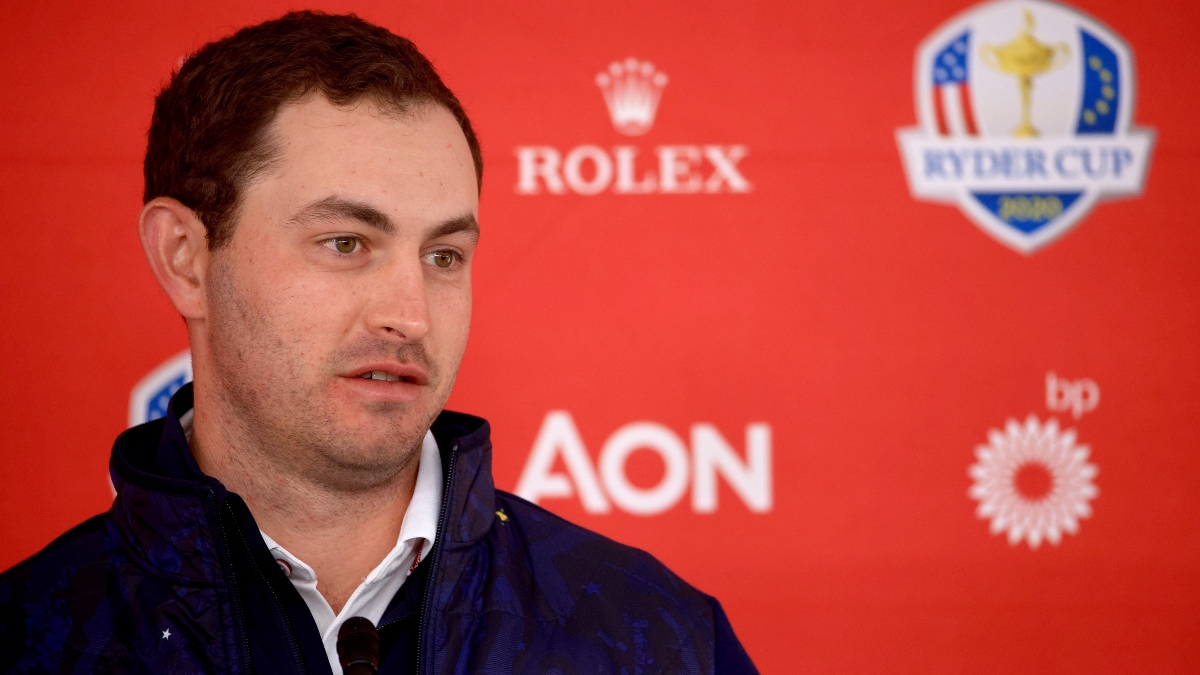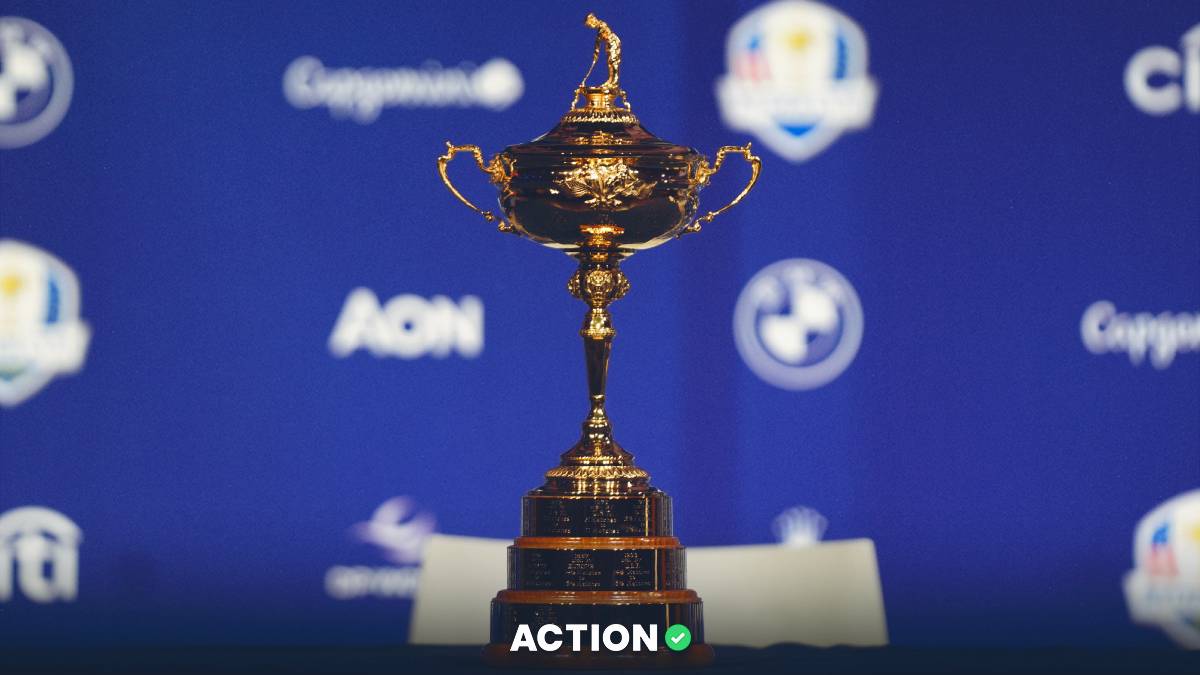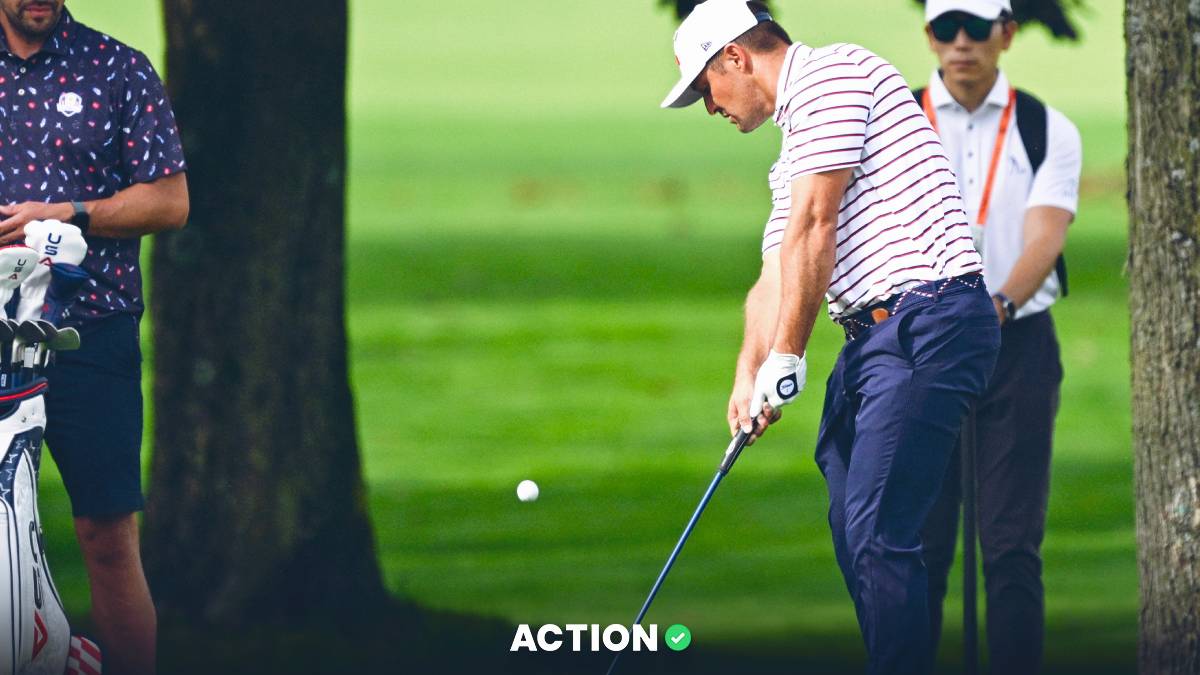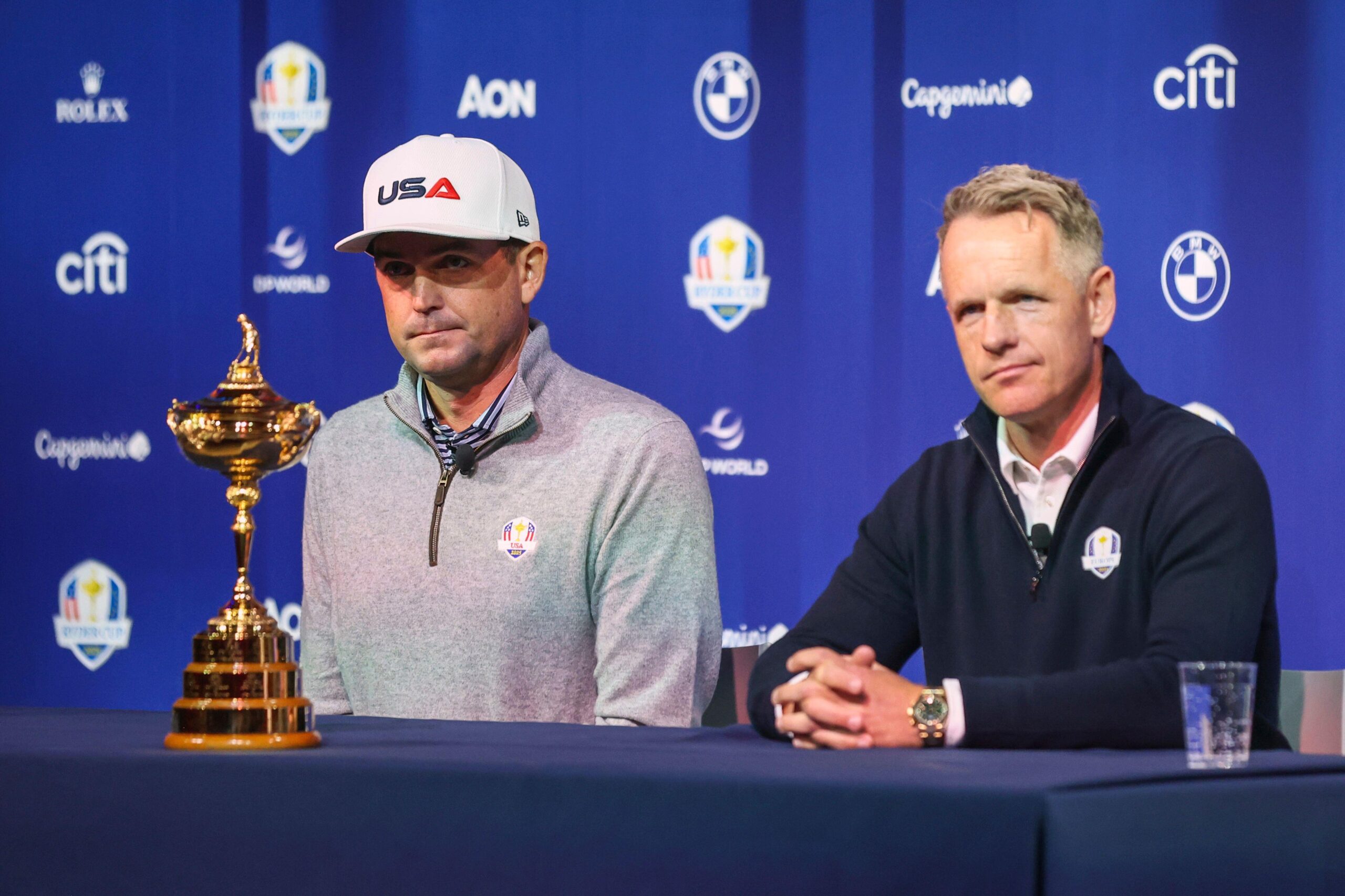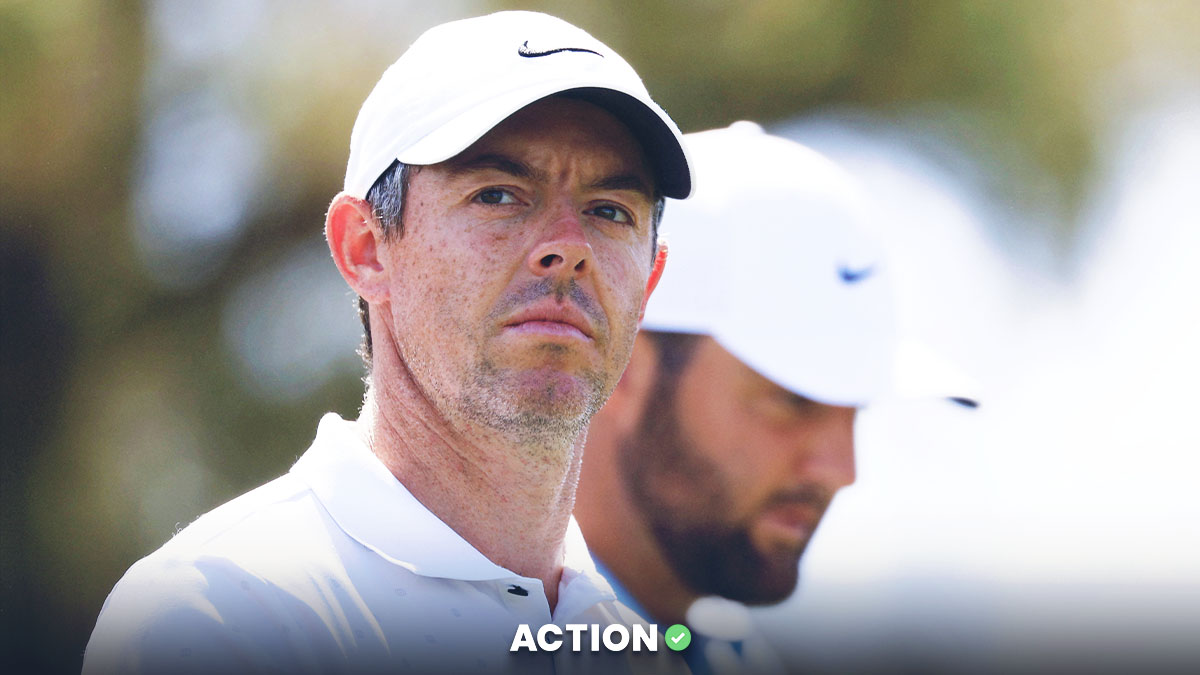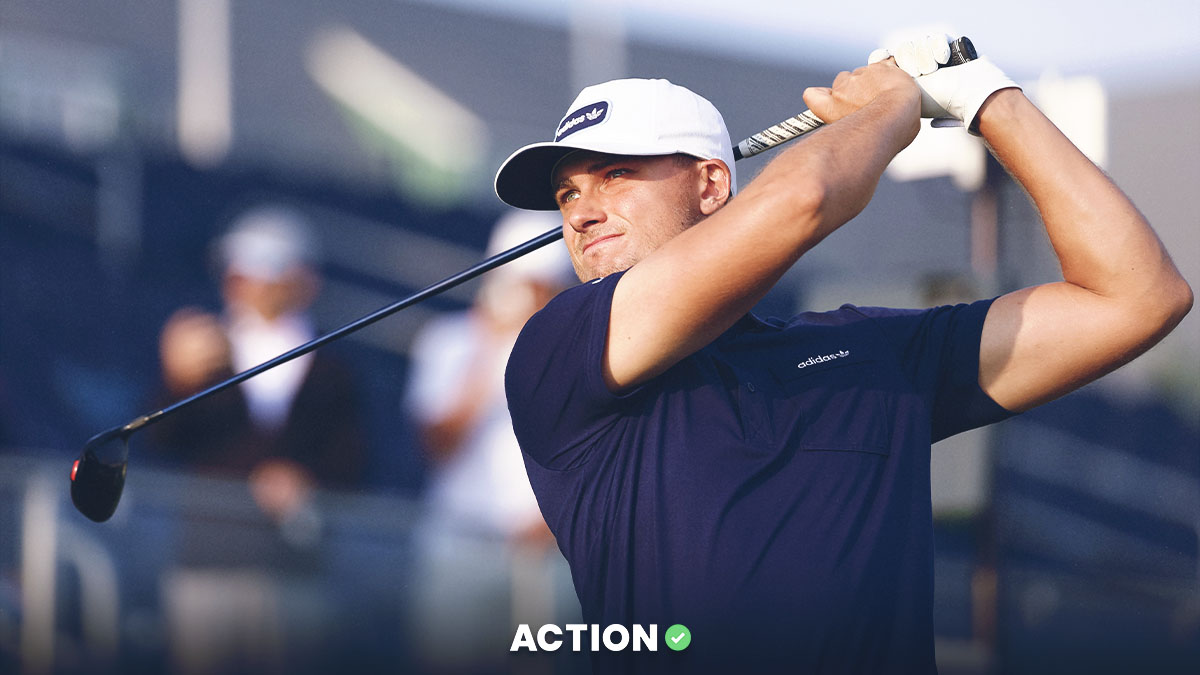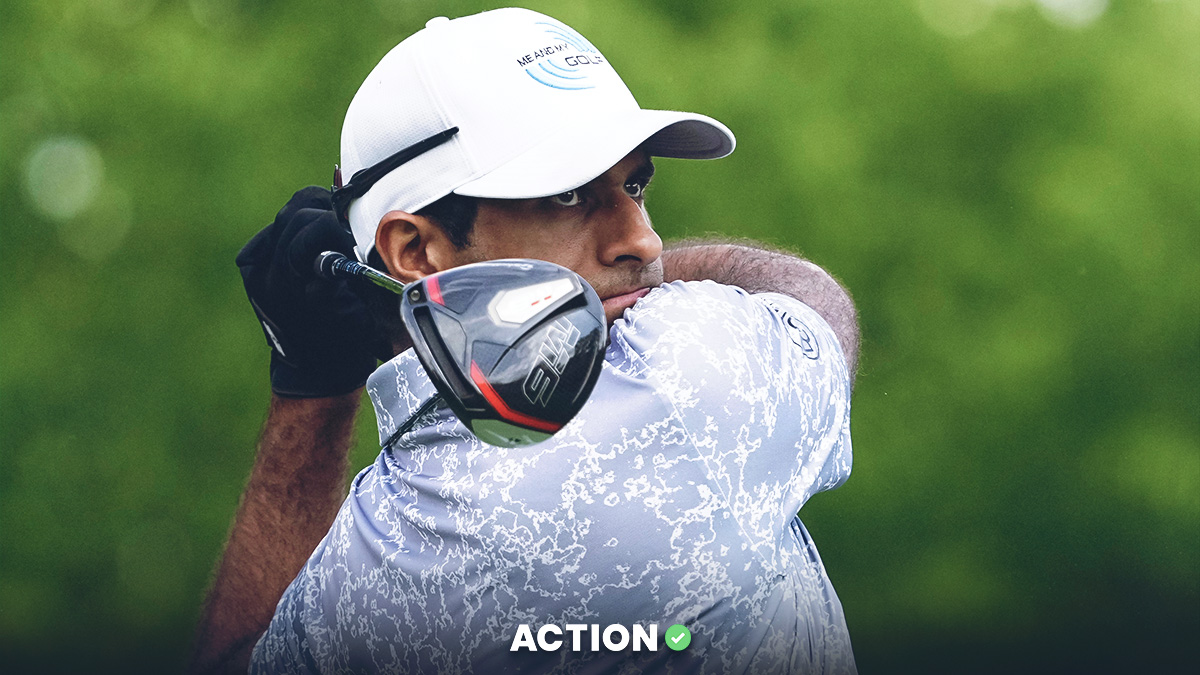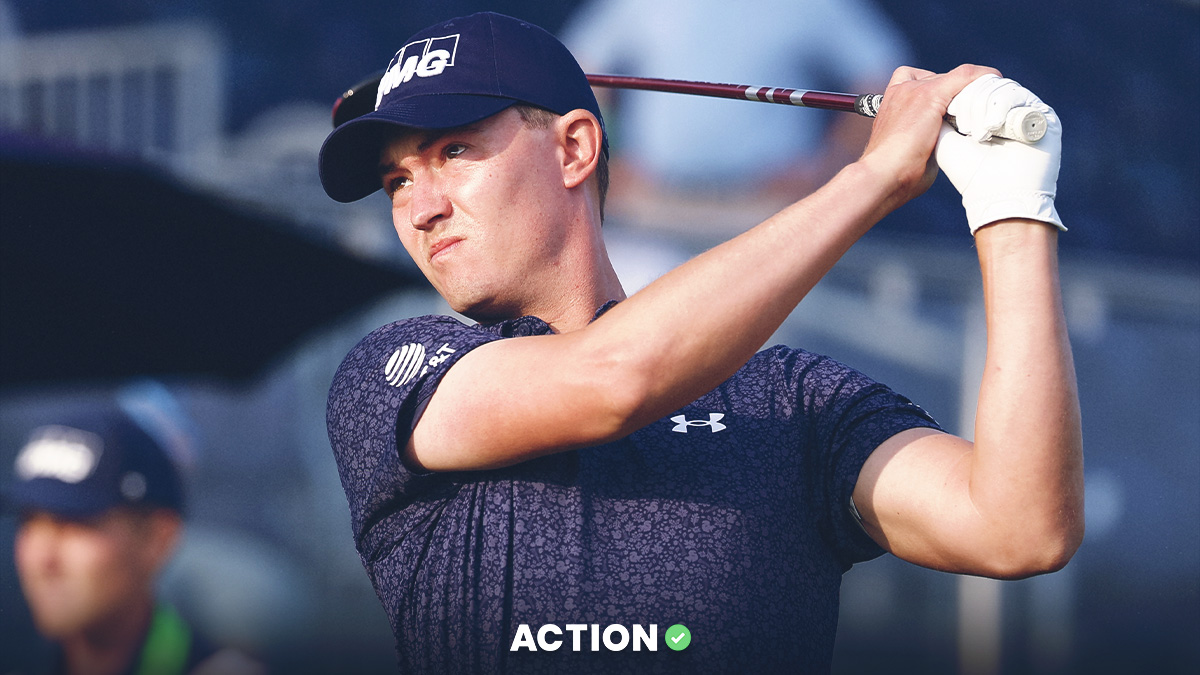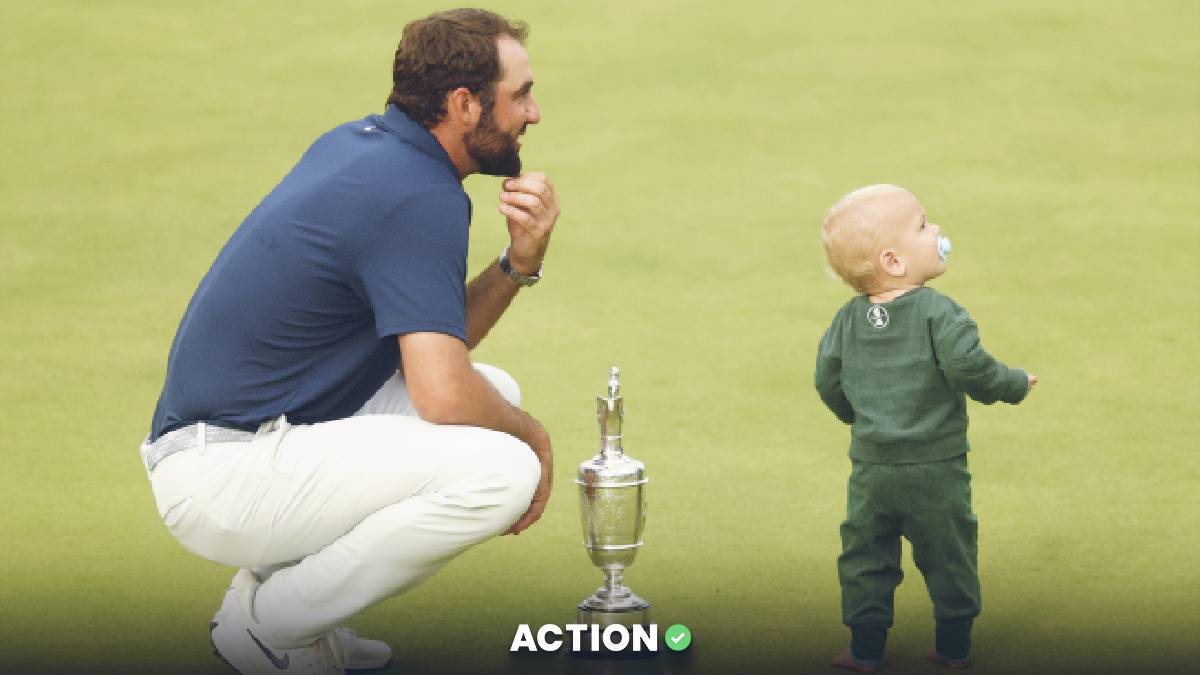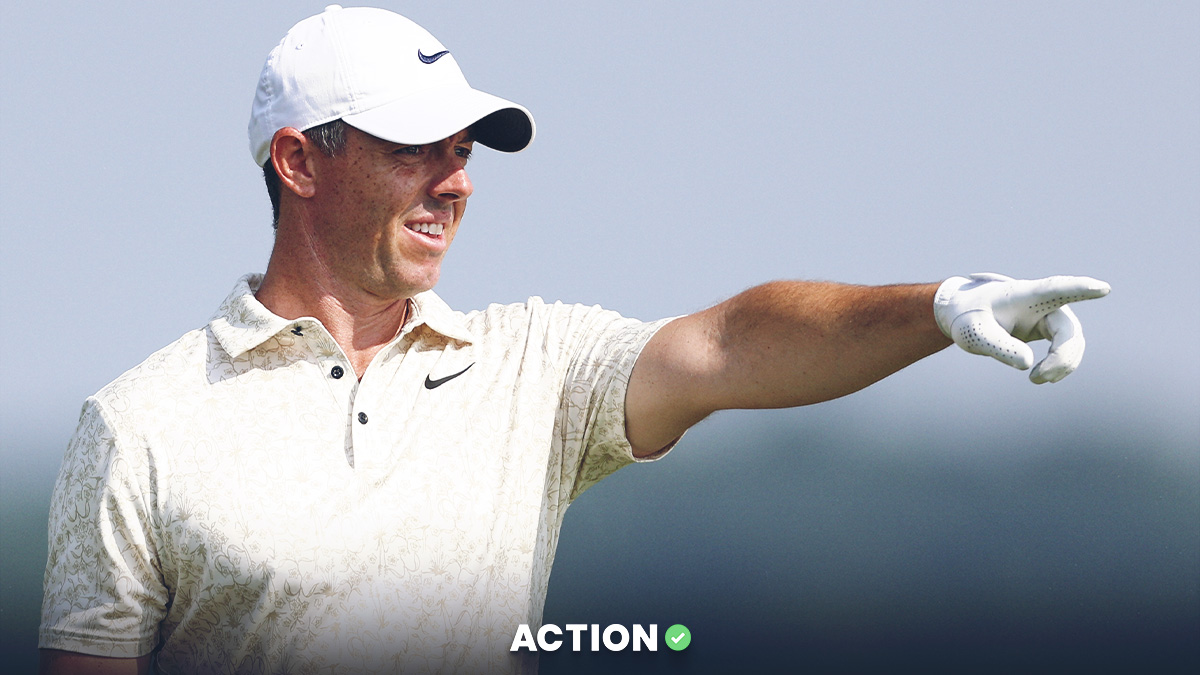SHEBOYGAN, Wis. — Europe’s domination over the United States during the past two decades at the Ryder Cup has been explained and rationalized and justified in myriad ways over the years.
Maybe it’s because the European players care more about the competition than their counterparts. Maybe they have better team camaraderie or buy into the concept of playing for each other, rather than themselves. Maybe the underdog role suits them.
There are plenty of ways to analyze Europe’s recent grip over this competition — and each of them might own some semblance of veracity.
Very few of those who have been involved in the proceedings, however, have looked at it from the perspective of Patrick Cantlay, who is making his debut for the U.S. team this week.
Employing game theory analysis to explain probability and variance, here’s Cantlay’s response on Wednesday to a question about why the European team continues to win this event.
“So, I've read a few gin books," Cantlay said. "Let's see if I get it right.
"If you play enough gin hands a one or two percent difference in skill translates to almost an assured win over many, many, many hands of gin.”
(For the record, as many tweeters pointed out after I posted this to social media, Cantlay being a gin shark feels very on-brand — in a good way.)
“You could have a big difference between somebody, maybe a 60 to 40 percent skill-level difference, and gin is still chancy enough to where you could play 10 hands and lose six or seven of the hands than someone that's much worse than you skill-wise.”
Here’s where he starts using this logic to explain Ryder Cup results.
“These matches are only played every two years, and golf is very chancy," Cantlay said. "So would it surprise you if the U.S. went on a similar run to what Europe has been on for the next 20 years. Wouldn't surprise me.
"You go to Vegas and you play roulette and the chances are 50/50 but skewed toward the house a little. It could hit red six times in a row, but that's not abnormal. You flip a quarter, it would be weird if the quarter flipped tails, heads, tails heads, tails heads. Then you would think something trippy was going on.”
All of this makes you wonder — or it makes me wonder, at least: If Cantlay explained this rationale in the U.S. team room, how would the other 11 players react?
“I try to take a very long-term view on things like that," Cantlay said. "Who knows? The captains are different every year. The players are different every year. The venues are different every year. The weather is different every year. You're really going to ask a question like that and think you're going to get the right answer? I don't have the answers to that. This is my first one.”
It's all just so … smart.
Cantlay might not have the influence of a Rory McIlroy or the ebullience of a Phil Mickelson, but the recently crowned FedEx Cup champion is quickly proving himself to be one of the game’s more intelligent personalities — and putting the Ryder Cup results into these terms only helps verify that assessment.


